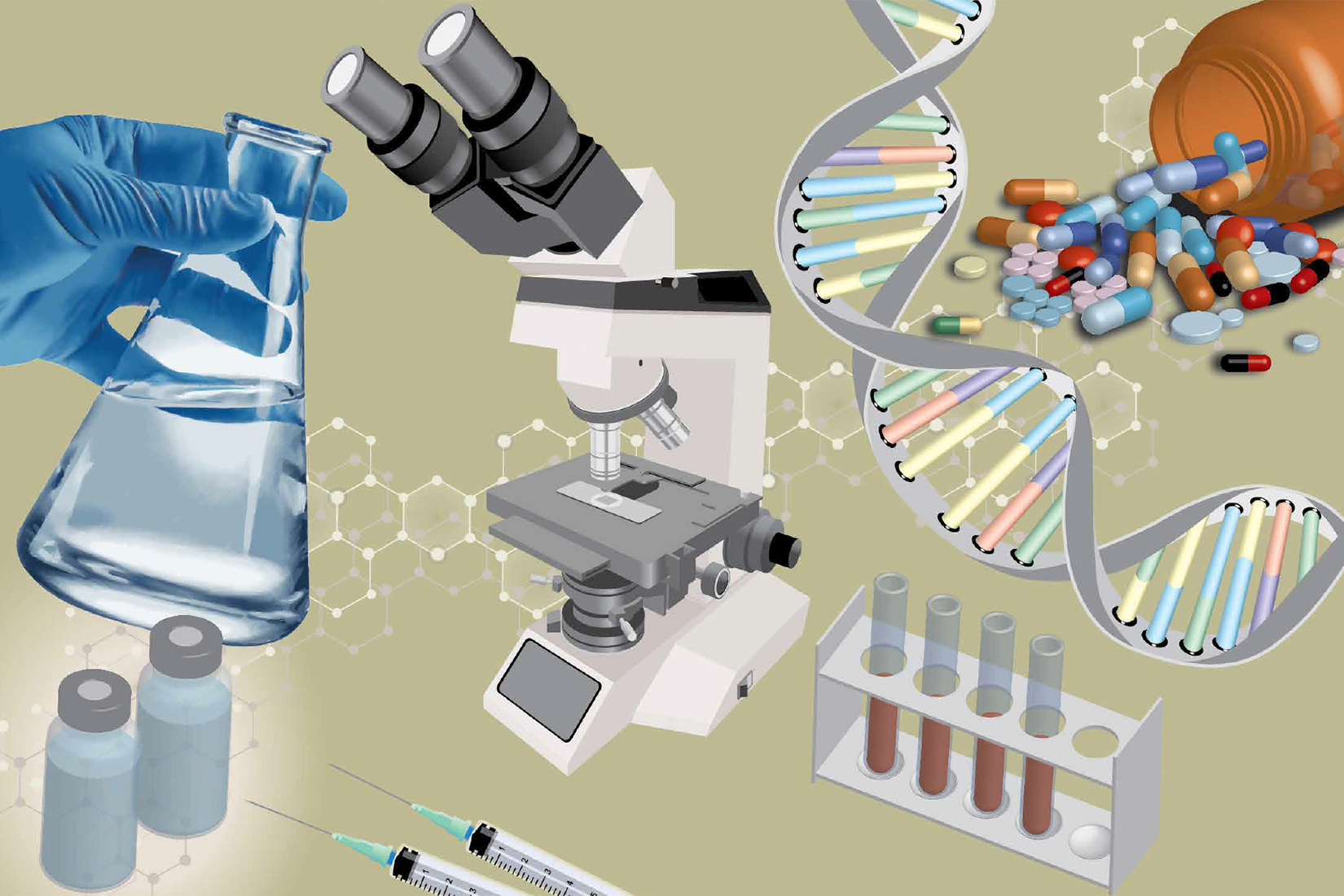In the realm of healthcare, few endeavors hold as much promise and intrigue as pharmaceutical research and development (R&D). It’s a dynamic field that constantly pushes the boundaries of science and technology to create innovative drugs and treatments that can change lives. In this comprehensive exploration, we’ll delve into the captivating world of pharmaceutical R&D, from its core principles to the breakthroughs that shape the future of medicine.
The Foundation: Understanding Pharmaceutical R&D
At its core, pharmaceutical R&D is the systematic process of discovering, designing, testing, and manufacturing new drugs and therapies. It’s a multidisciplinary effort that involves scientists, researchers, clinicians, and experts from various fields working together to bring new medicines to the market.
The Drug Discovery Phase
Inception of Hope: From Idea to Molecule
The journey begins with drug discovery, where scientists seek to identify molecules that have the potential to treat or cure specific diseases. This stage often involves studying the underlying mechanisms of diseases, conducting extensive research, and leveraging advanced technologies like computational modeling to pinpoint promising compounds.
Preclinical Research
From Bench to Animal Models: Safety and Efficacy Assessment
Before a potential drug can advance to human trials, it undergoes rigorous preclinical research. Scientists assess its safety, efficacy, and potential side effects in animal models. This phase provides crucial insights into whether the drug warrants further development.
Clinical Trials: The Heart of Progress
Human Testing: Phases I to III
Clinical trials are the linchpin of pharmaceutical R&D. In these trials, the medication is tested on human subjects in order to determine the best dosage, safety, and effectiveness. Generally, clinical trials proceed in three stages:
Phase I: Initial safety testing in a small group of healthy volunteers.
Phase II: Expanded testing in a larger group to assess efficacy and side effects.
Phase III: Large-scale trials to confirm safety and efficacy across diverse populations.
Regulatory Approval: Navigating the Maze
Ensuring Safety and Efficacy
To reach the market, a new drug must gain regulatory approval. Regulatory agencies like the FDA (Food and Drug Administration) in the United States carefully review the data from clinical trials to ensure the drug’s safety and effectiveness. This stage involves extensive documentation, analysis, and communication between pharmaceutical companies and regulators.
Manufacturing: Scaling Up for Distribution
From Lab to Mass Production
Once a drug secures regulatory approval, pharmaceutical companies must scale up production to meet demand. This involves establishing manufacturing processes that adhere to strict quality standards. Quality control, consistency, and scalability are paramount to ensuring that each dose of the drug is identical and safe for consumption.
Post-Marketing Surveillance
Monitoring Long-Term Safety and Effectiveness
Even after a drug hits the market, pharmaceutical R&D continues. Post-marketing surveillance involves ongoing monitoring of the drug’s safety and effectiveness in real-world settings. Adverse events, unexpected side effects, and long-term outcomes are continuously assessed to ensure patient safety.
Emerging Technologies: A Glimpse into the Future
Precision Medicine, AI, and Beyond
The world of pharmaceutical R&D is constantly evolving. Emerging technologies, such as artificial intelligence (AI) and precision medicine, are reshaping how drugs are discovered, developed, and tailored to individual patients. AI can analyze vast datasets to identify potential drug candidates, while precision medicine aims to create personalized treatments based on an individual’s genetic makeup.
Challenges and Ethical Considerations
Balancing Innovation with Safety
While pharmaceutical R&D offers tremendous promise, it also faces challenges, including rising development costs, ethical dilemmas, and ensuring equitable access to new treatments. Striking a balance between innovation and safety remains a complex task.
Final Thoughts: Transforming Lives through Science
Pharmaceutical research and development stand as a testament to human ingenuity and our unwavering commitment to improving healthcare. Every drug that reaches the market represents countless hours of scientific inquiry, collaboration, and dedication to advancing medicine. As we look to the future, the possibilities within this field are boundless, holding the potential to transform lives and redefine the boundaries of what’s medically possible.





